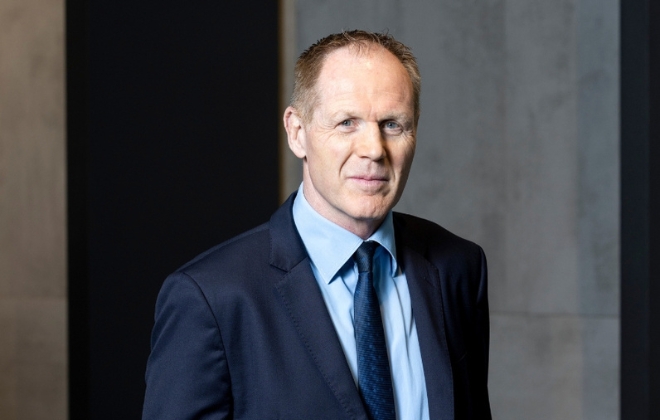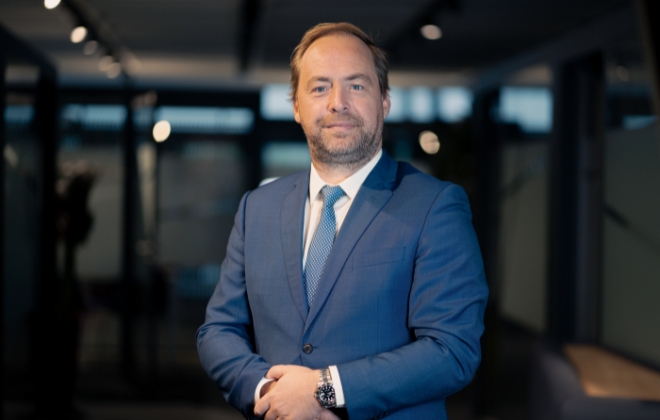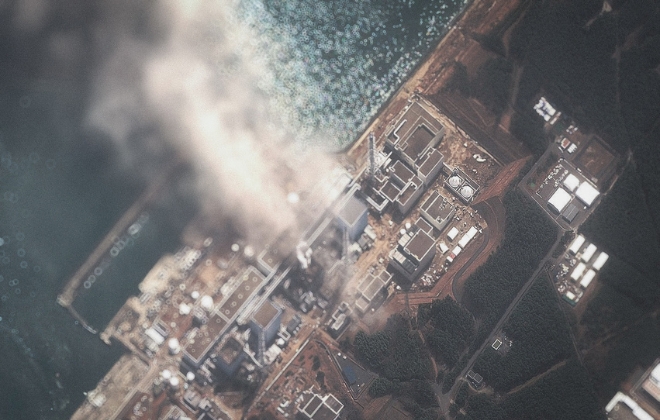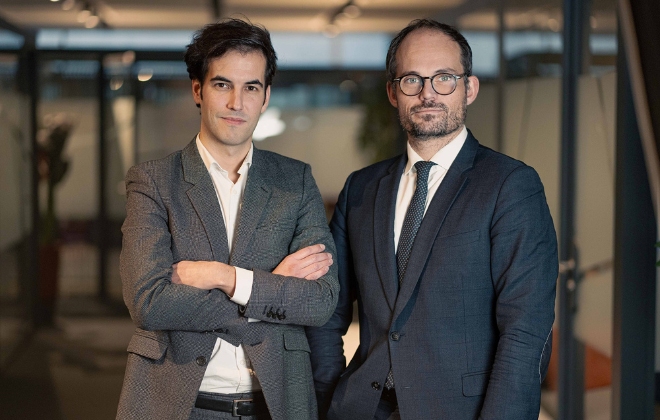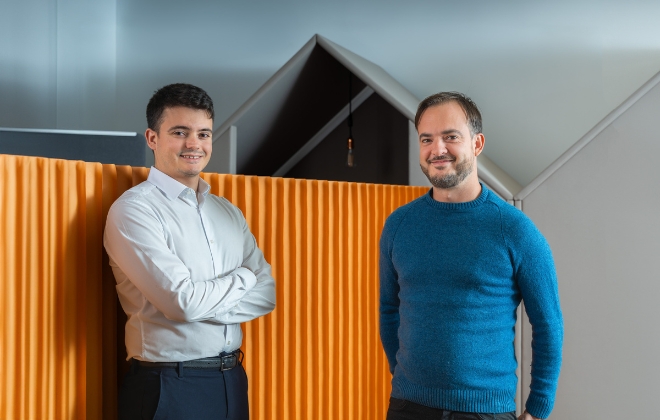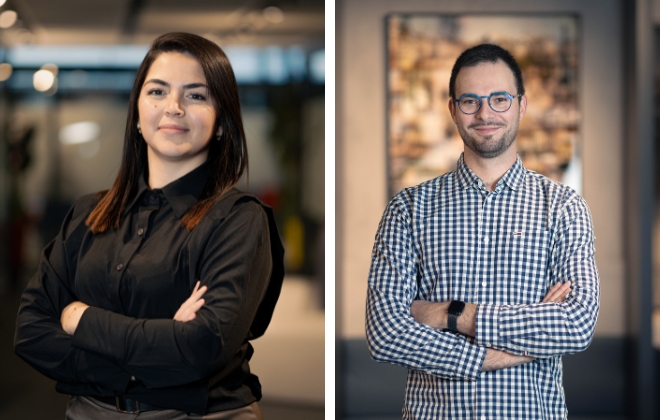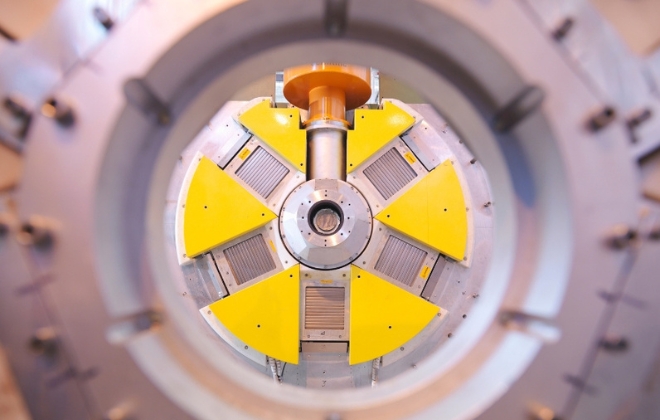New reactors: safer, cleaner, more powerful
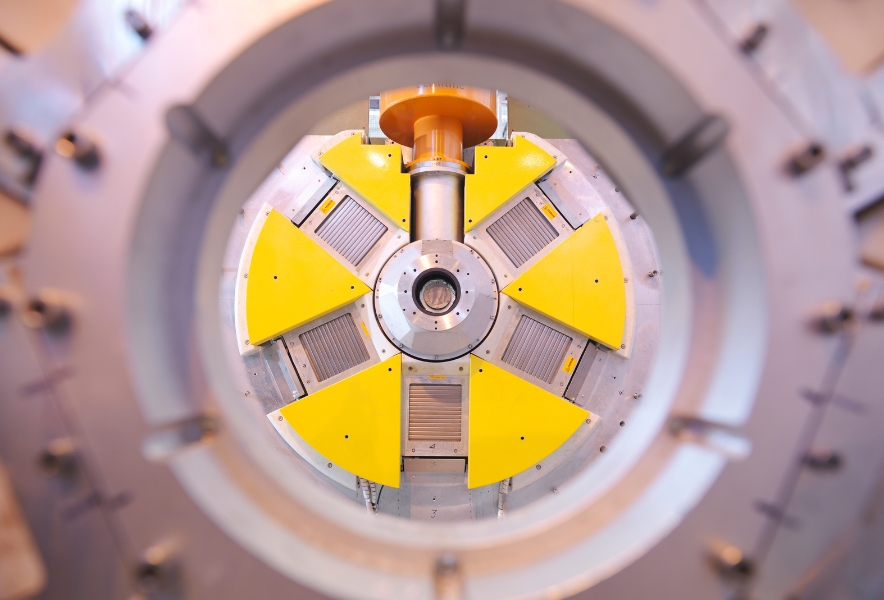

To help meet demands to decarbonize energy, and to ensure safety in doing so, a new generation of nuclear reactors is being designed, tested and put into operation. ALTEN supports its partners in developing and deploying these new reactors, with a view to making power more accessible, more sustainable and safer.
In 2011, a tsunami resulted in severe damage to the Fukushima power plant, raising concerns about nuclear safety worldwide. Likewise, the ever-increasing attention to global warming and the need to reduce the dependence on fossil fuels has focused attention on finding new energy sources to meet growing demand, and to do so in a sustainable fashion.
“Civil nuclear power offers solutions to many of these challenges,” says Othmane El Hajjouji, Specialist in the Nuclear Civil Engineering Practice at ALTEN.
“We’re talking about new nuclear power plants,” adds Eloise Dol, Technical Lead on Auxiliary Moto-pumps Contracts at ALTEN, “in contrast to the pre-existing stock, which was created a long time ago and which is becoming outdated.”
Already in 1990, Nuclear Power International (NPI) – a joint venture between Framatome SA (France) and Siemens KWU (Germany) – was working to create a high-power reactor of approximately 1600 mega-watts. When Siemens withdrew in 2011, France’s EDF (Electricité de France) joined Framatome to develop the new European Power Reactors (EPRs).
Since then, the nuclear offering has grown, ranging from small 300-megawatt reactors (SMRs) to 1200- and 1650-megawatt EPRs designed to meet varying needs and circumstances, from population to geography, hydraulic capacity and budget.
The new reactors are not only more powerful than those of previous generations (up to 1650 megawatts compared to 900-1300) – they are also safer. Engineers have focused squarely on the diversification of pump technologies to ensure that if any of these fail – due to faults, defects, or natural disasters – the others will be able to ensure continued operations.
“It took a long time to bring the new EPRs into service,” says Othmane. “After Fukushima, there were a lot of reservations and mistrust about nuclear power. But now we’re realizing that without nuclear power, global warming will just get worse.”
Safer, more efficient designs
Third generation EPR design is based on four coolant loops with one steam generator per loop. Concrete walls between loops, and between the hot and cold parts of each loop, help to protect against failure.
The EPRs use 5% enriched uranium oxide fuel, reprocessed uranium fuel or 100% mixed uranium plutonium oxide fuel. They are designed to use uranium more efficiently than older reactors: approximately 17% less uranium per kilowatt-hour of electricity generated.
“Just for information,” says Othmane, “one gram of uranium produces the same amount of electricity as three tons of coal.”
The Nuclear ALTEN Academy
In France, engineering activities are underway to build six new reactors at three sites. Eight additional reactors are under consideration. Some 200 ALTEN engineers are working within Edvance – a division of EDF – to make this happen.
“One of the biggest problems we face,” says Othmane, “is recruitment. Engineers who could be involved in new projects are very hard to find. My background is in civil engineering. For engineering and construction, we must look for people who are not from the nuclear power business at all.”
One answer to this dilemma is the Nuclear ALTEN Academy. “The aim,” says Eloise, “is – in a training period of two to three months – to offer the core of information that’s needed for an engineer to be able to move into the nuclear industry. Besides imparting a nuclear and safety culture, the training – organized by business line: civil, electrical or mechanical engineering – covers materials used, internal organization and processes specific to the nuclear industry.” These programs are prepared jointly with Edvance to enable effective targeting of needs. ALTEN also relies on the input of other organizations that provide training in nuclear subjects, notably the engineering schools.
“Right now,” adds Othmane, “there is an urgent need for training in in all areas of nuclear power, in particular for engineers who arrive from other sectors – oil and gas for example – and who we want to bring on board for the nuclear adventure.”
To find out more
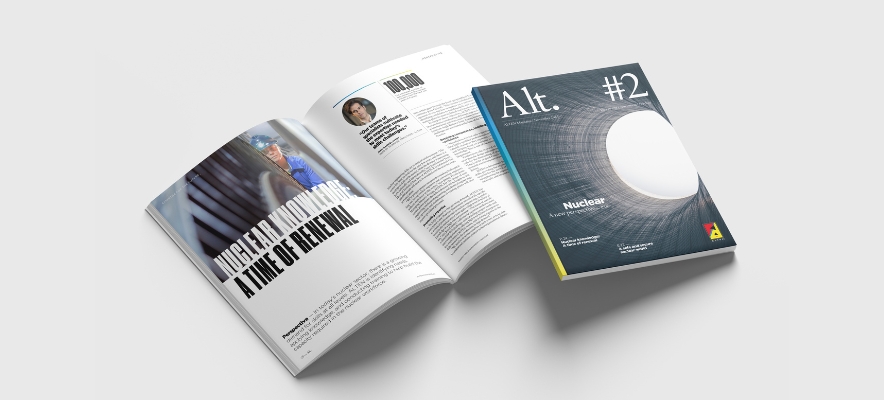
Magazine Alt. #2
The world is actively exploring responsible nuclear power as an answer to pressing energy and environmental needs. Global awareness of the promise of nuclear power has grown in the light of climate change and increasing energy demands. The sector’s potential for innovation makes it a dynamic and vital field for the global workforce.
Find out more on how ALTEN, as a partner to leading names in the nuclear industry, holds a privileged position as an observer of market dynamics, and as a provider of cutting-edge technical expertise to support the design, maintenance, and safety of nuclear facilities.



